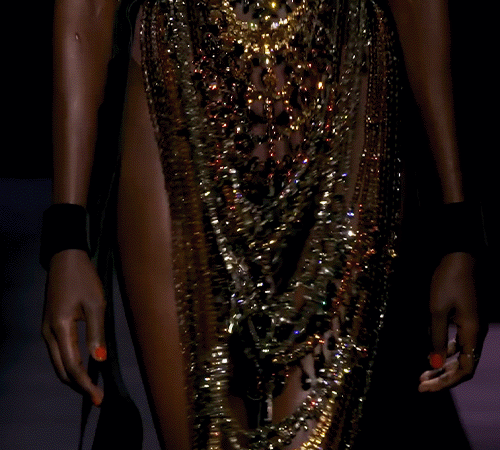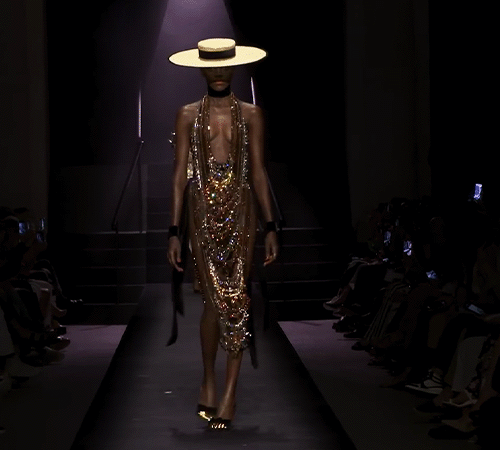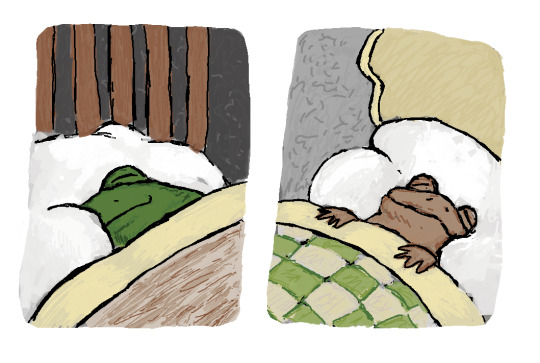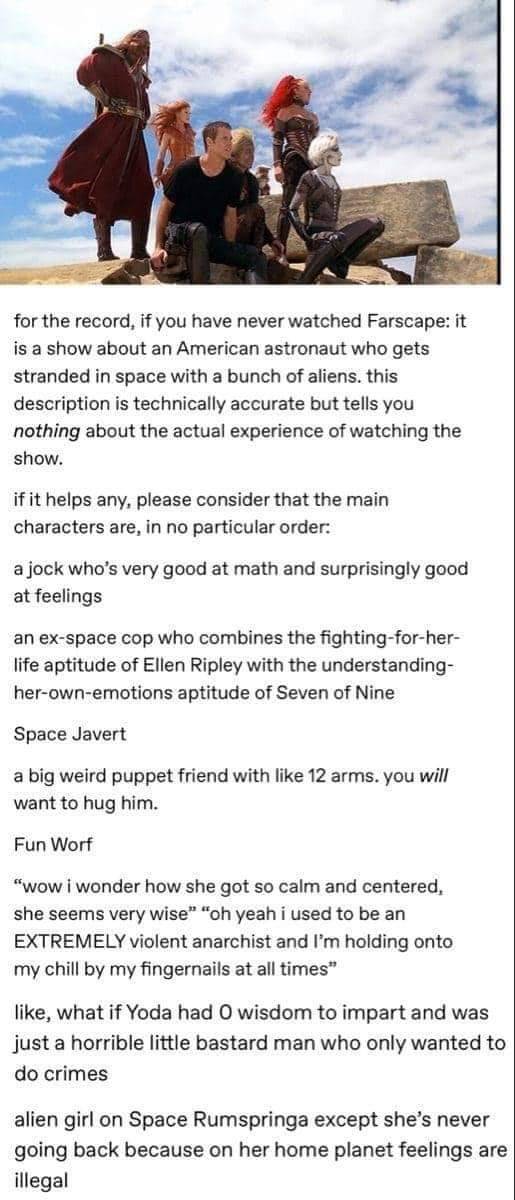Hi, I'm Hans (they/them). Spoonie. Demi-bi & polyam. Waves from the UK. I write fanfic, create moodboards, other graphics, fanmixes and on occasion fanvids. I like a good rec, tend to multiship and love decent character/case/team/gen stuffs too. Fannish about so many fandoms.
Last active 60 minutes ago
Don't wanna be here? Send us removal request.
Photo


schiaparelli haute couture fall/winter 2022/23 ‘born again’ collection
9K notes
·
View notes
Photo

that night, frog and toad were both happy
79K notes
·
View notes
Text
As an alternative to 'sugar, spice, and everything nice'
I present: 'salt, vinegar, and everything sinister'
66K notes
·
View notes
Text

Found on a friend's FB.
Favorite comment:
"Also, John is so Gen X that he's narrating his slow descent into madness by insistently and continuously making Pop culture references for literal aliens."
10K notes
·
View notes
Text
Okay okay I've got one I think will be fun!!
Spin this wheel of like 160ish fandoms of varying levels of popularity.
Extra points for telling me all about your thoughts in the tags :D
29K notes
·
View notes
Text
shipping characters who are just friends in canon is more than okay but what’s annoying is when people take screenshots of them touching and say “friends don’t do that!”. i hate to break it to you but friends do hug and hold hands and cuddle. saying ‘friends don’t do that’ is reenforcing the idea that physical touch is reserved for lovers
29K notes
·
View notes
Text
My wife and I have a little game we play called "Speaking From Ignorance."
To play Speaking From Ignorance, all you need is a phone with a voice recorder, and another person who knows considerably more or considerably less about a topic than you do. The topic can be anything: from "how to bake a quiche" to "what happens in the Peter Jackson Hobbit movies" to "who is Florence Pugh" to "how does the traveling salesman problem work." All that matters is that one of you has a firm grasp on the material, and one of you absolutely the fuck does not.
Then the person who knows about the topic turns on the recorder, and says to the person who knows barely anything: "Hey - tell me everything you think you know about [X]."
The speaker is then not allowed to ask any questions. Nor is the expert allowed to volunteer any information. The expert is allowed to pipe up with a faintly incredulous "Oh--really? Do you--do you think so?" from time to time, but for the most part, the expert's job is just to sit there and make encouraging sounds while the speaker digs their own grave.
This is never not funny.
The reason you record it is because, very often, the first thing the speaker wants to do after finishing the recording is find out how you actually make a quiche, or whatever. Then you both get to go back and listen to how wrong they were.
We have a small library now of Speaking From Ignorance recordings, and I'm going to be listening to them until I'm eighty.
46K notes
·
View notes
Text
One of the sweetest things is when you post a new work on AO3 and then one of your old works gets a comment because it means that somebody read the new thing and liked it so much that they went and checked what other stuff you wrote and they liked that enough to tell you about it and I just think that is so fucking precious!! thank you thank you thank you to the people who do that, keep doing it it's the best feeling as an author
23K notes
·
View notes
Text
do you ever think about how kaz freed his greatest enemy from the highest security prison in the world just because he wanted to enact revenge and ruin his life himself? unmatched levels of petty
194 notes
·
View notes
Text
reblog to give warm bread to your mutuals
329K notes
·
View notes
Text
Devastating to have more evidence that done IS better than perfect
39K notes
·
View notes
Text
i know i'm probably guilty of this i'm just musing but does anyone else find it a little. strange. when people make posts telling alloromantics how to be better allies and all of the content is centered around online things like pride posts and headcanons and shipping like... we exist. in real life. yknow. like aros feeling isolated isn't just an online problem. it's not just our flag being in the second part of pride posts or people being obsessed with shipping we have. real life problems.
10K notes
·
View notes
Text
I think what I love most about mythology is that the “Trickster God/Spirit” is an archetypical character found in almost every body of folklore. It’s like “Oh, here’s our God of the Sun, our God of the Sea, our God of Fertility, and our God of Being A Wretched Little Gremlin Who Causes Problems On Purpose”
31K notes
·
View notes
Text
Not to go "if you have ADHD just go for a run" or anything, but I am so serious if you have ADHD you should regularly go outside, no headphones no phone no nothing and just stand and observe for a while until you've had enough. Not until you get bored, until you've had enough. Drink your coffee without watching tiktok. Have a bath without music. Turn down the volume in your headphones. I cannot overstate how much learning to be bored is cruicial with ADHD. Life is not just about pleasure, no matter what your dysregulated dopamine system thinks, and when you teach your brain to be okay with being bored, then boring tasks stop feeling like torture. By letting yourself be bored you are yoinking your system out of the high/low binary and allow for the highs to feel like actual highs and not just anything that isn't low. I am so serious go literally touch grass. Listen to the sounds in your flat. Stimulate your body the way it was designed. It lowers anxiety and makes you feel like you're real and best of all it's completely free
84K notes
·
View notes


